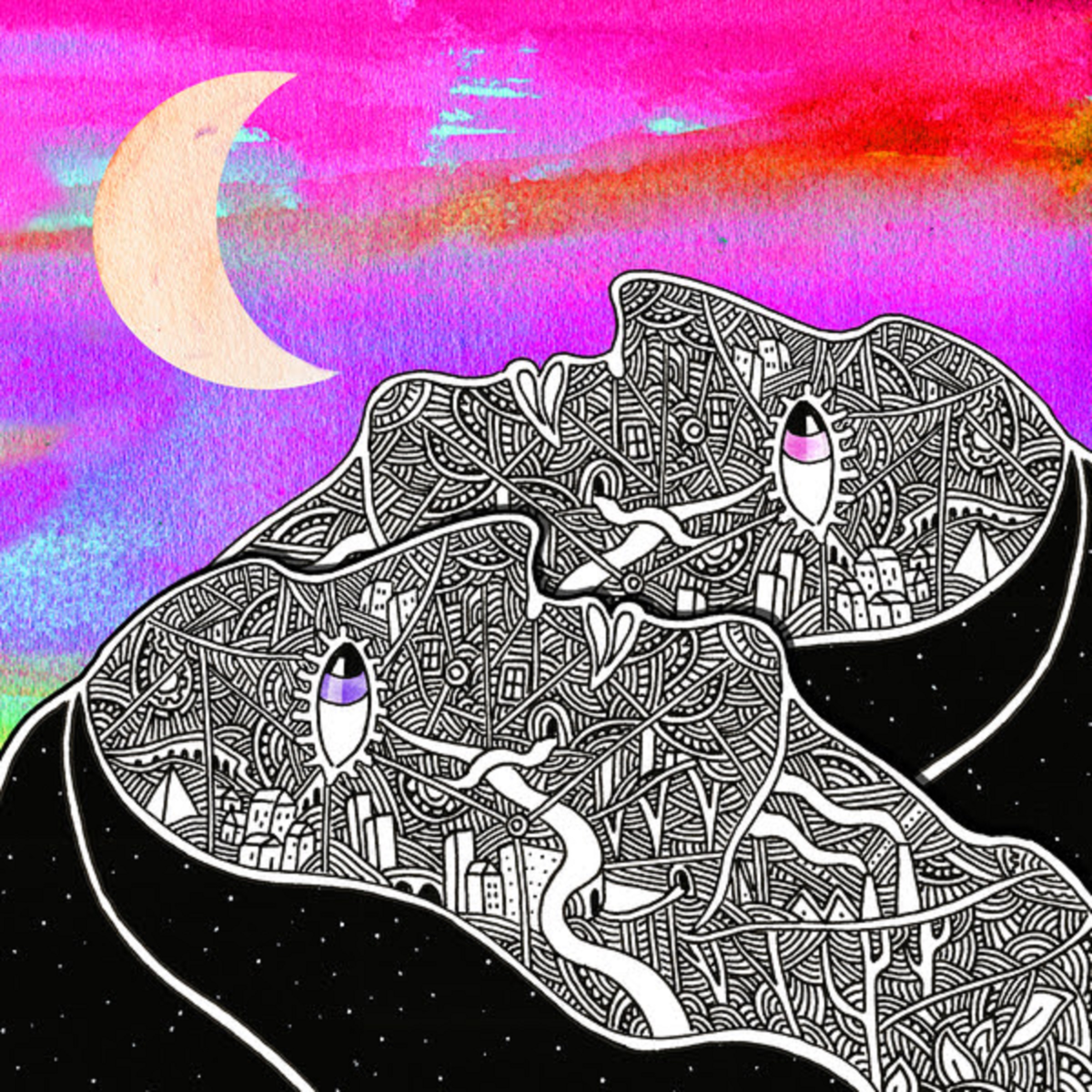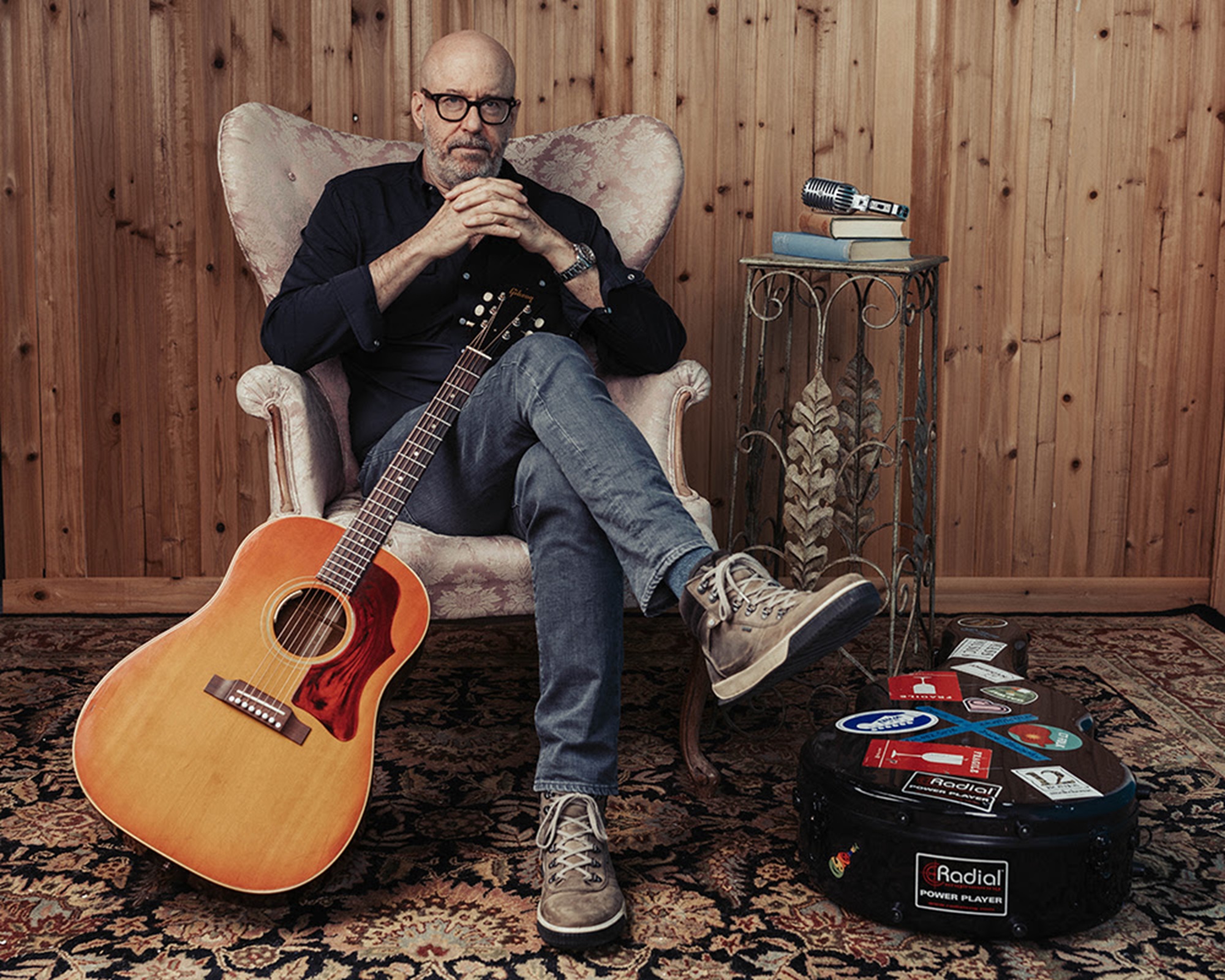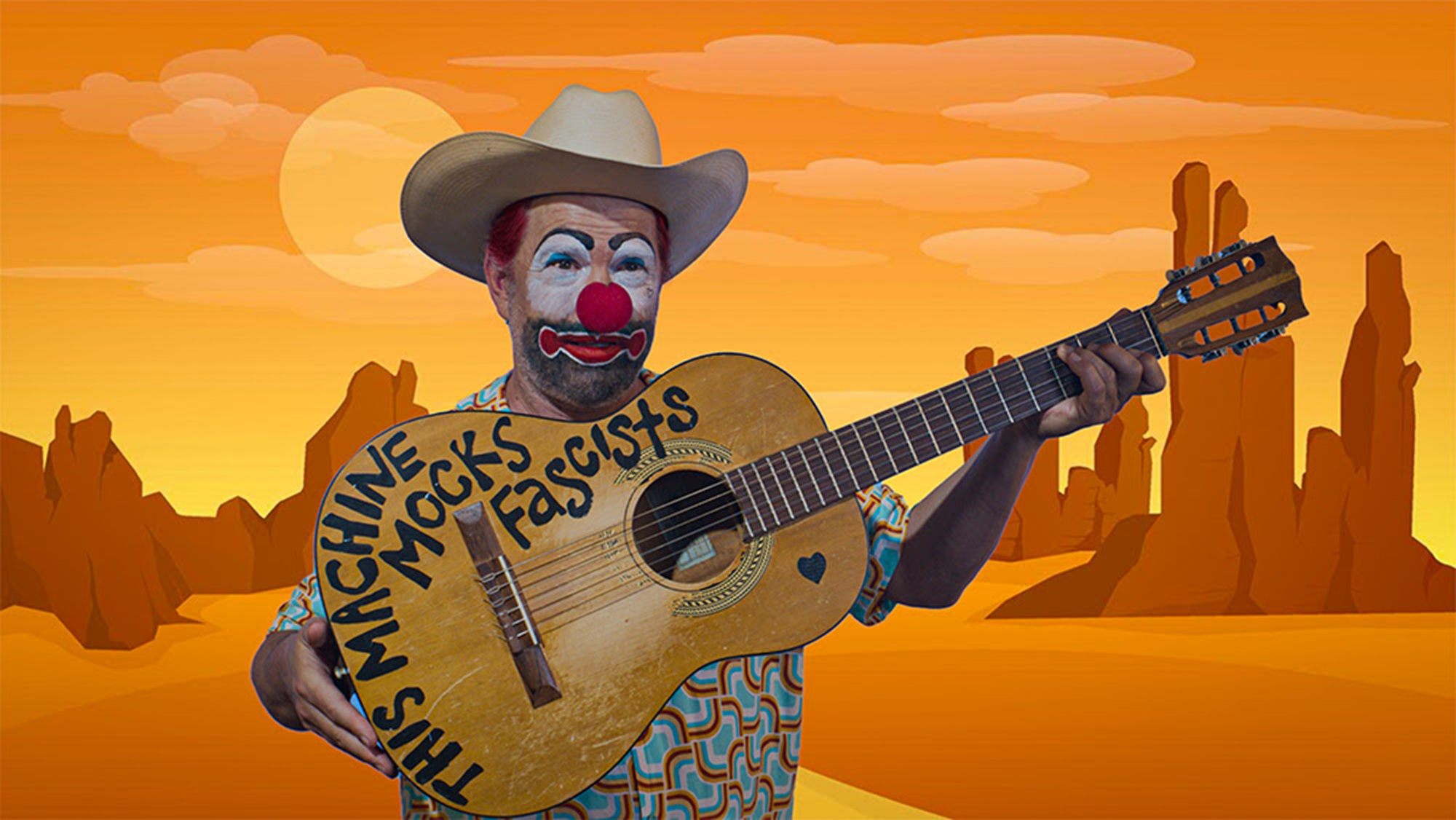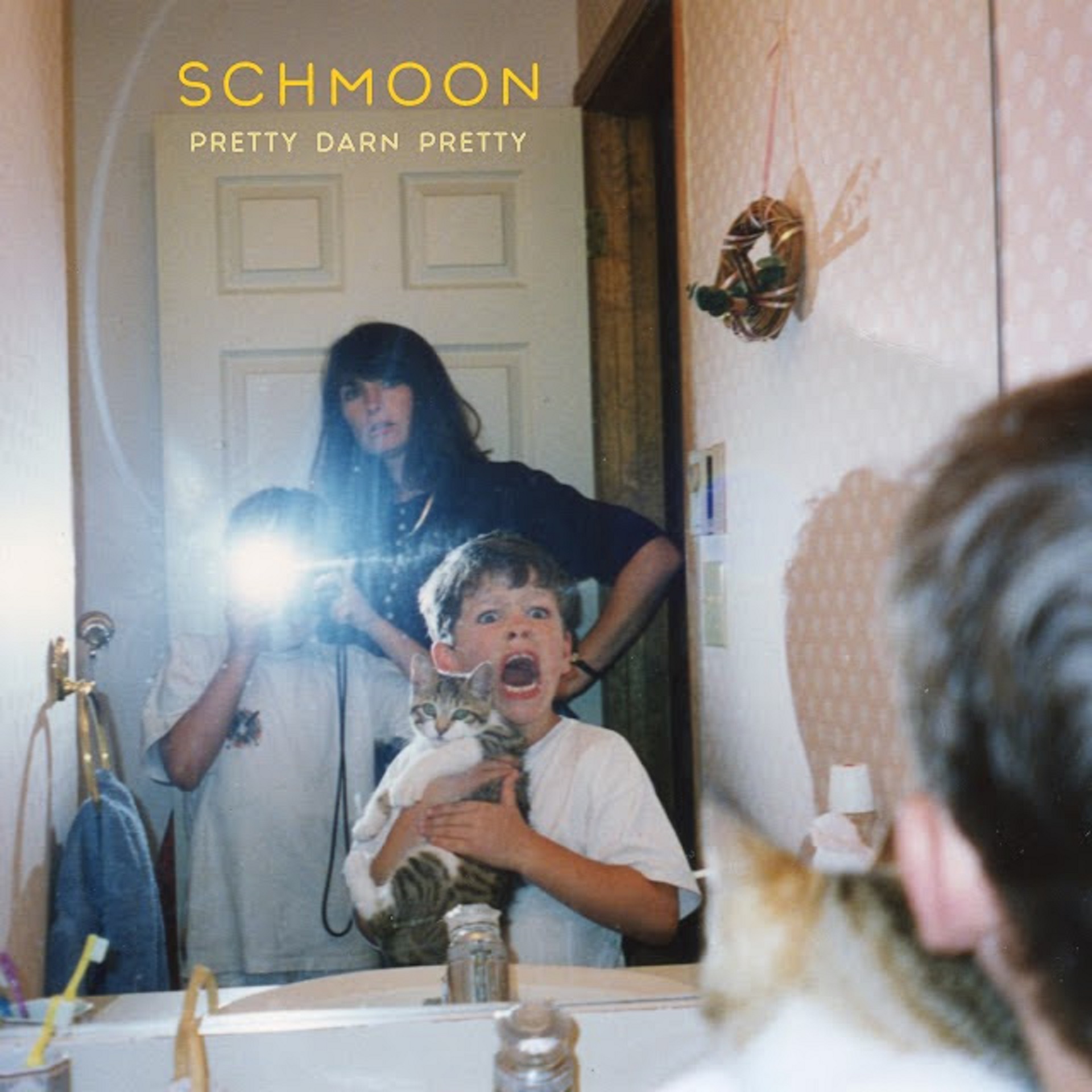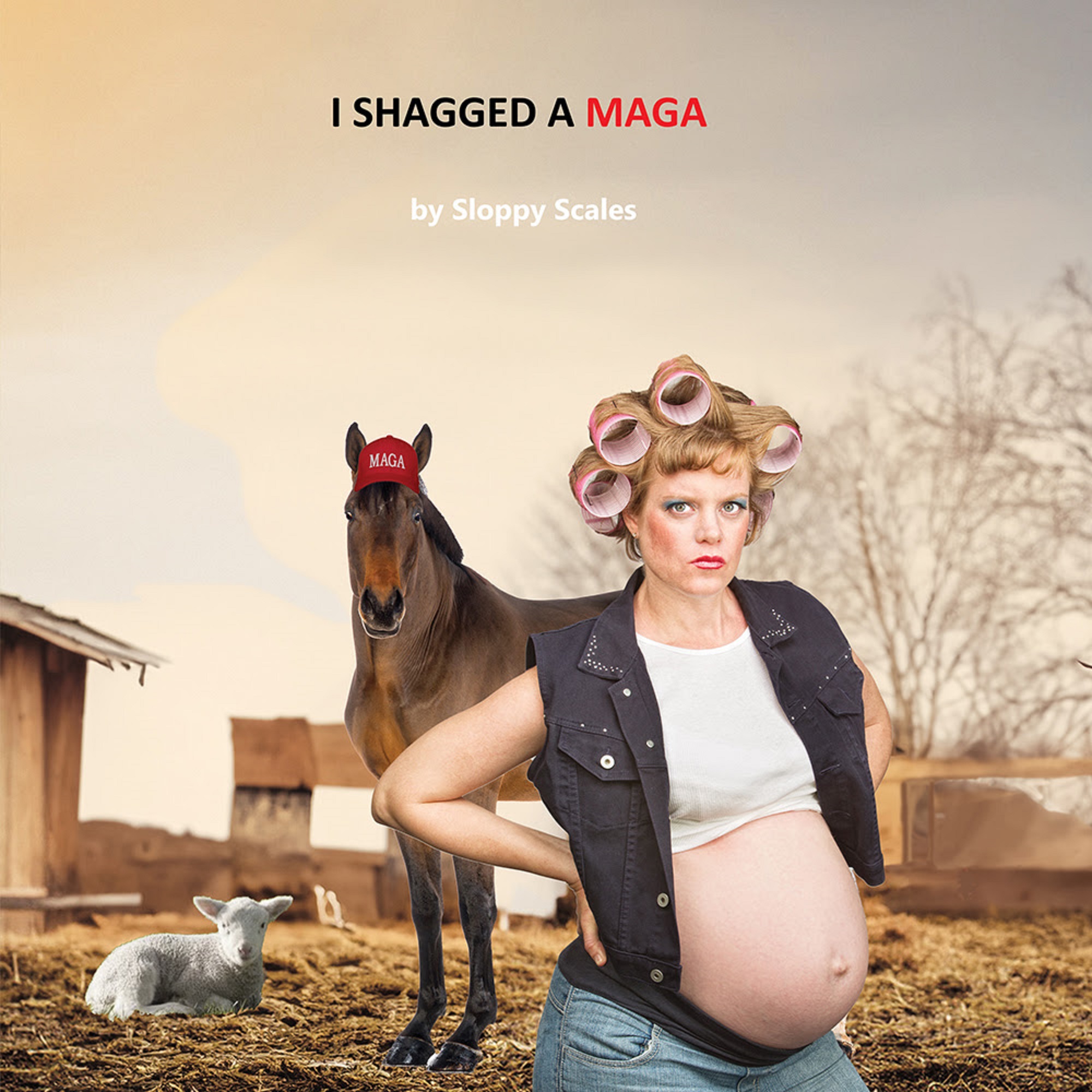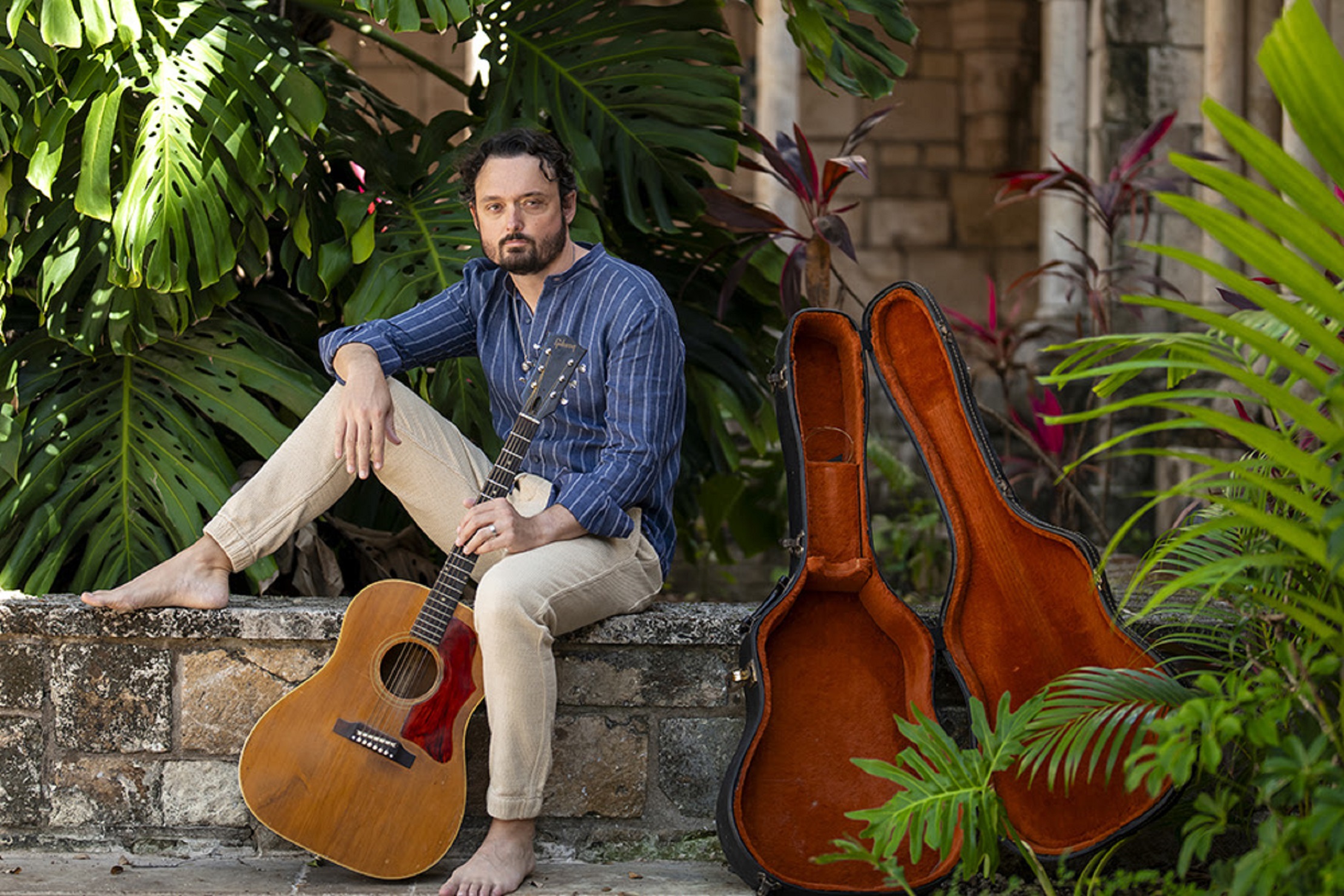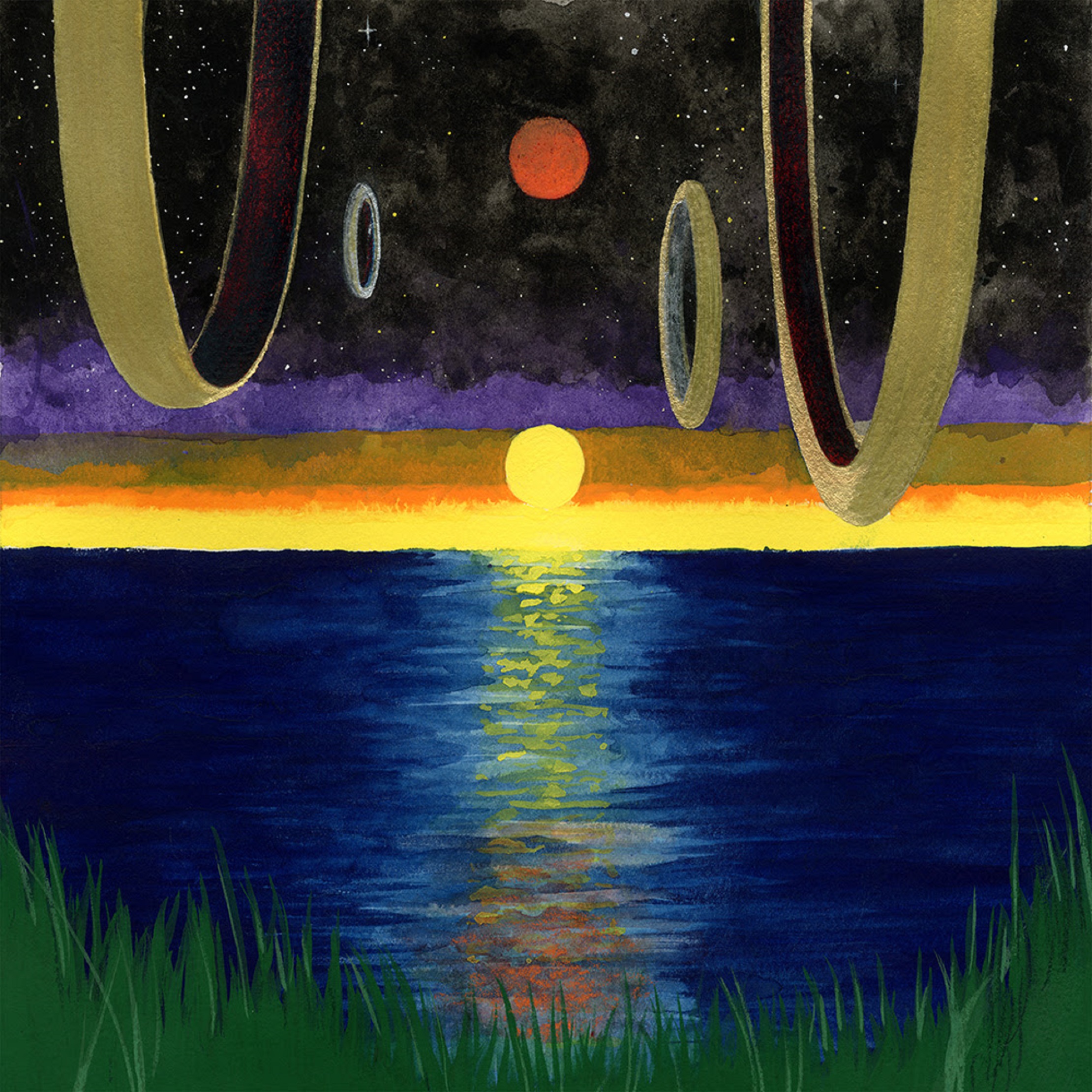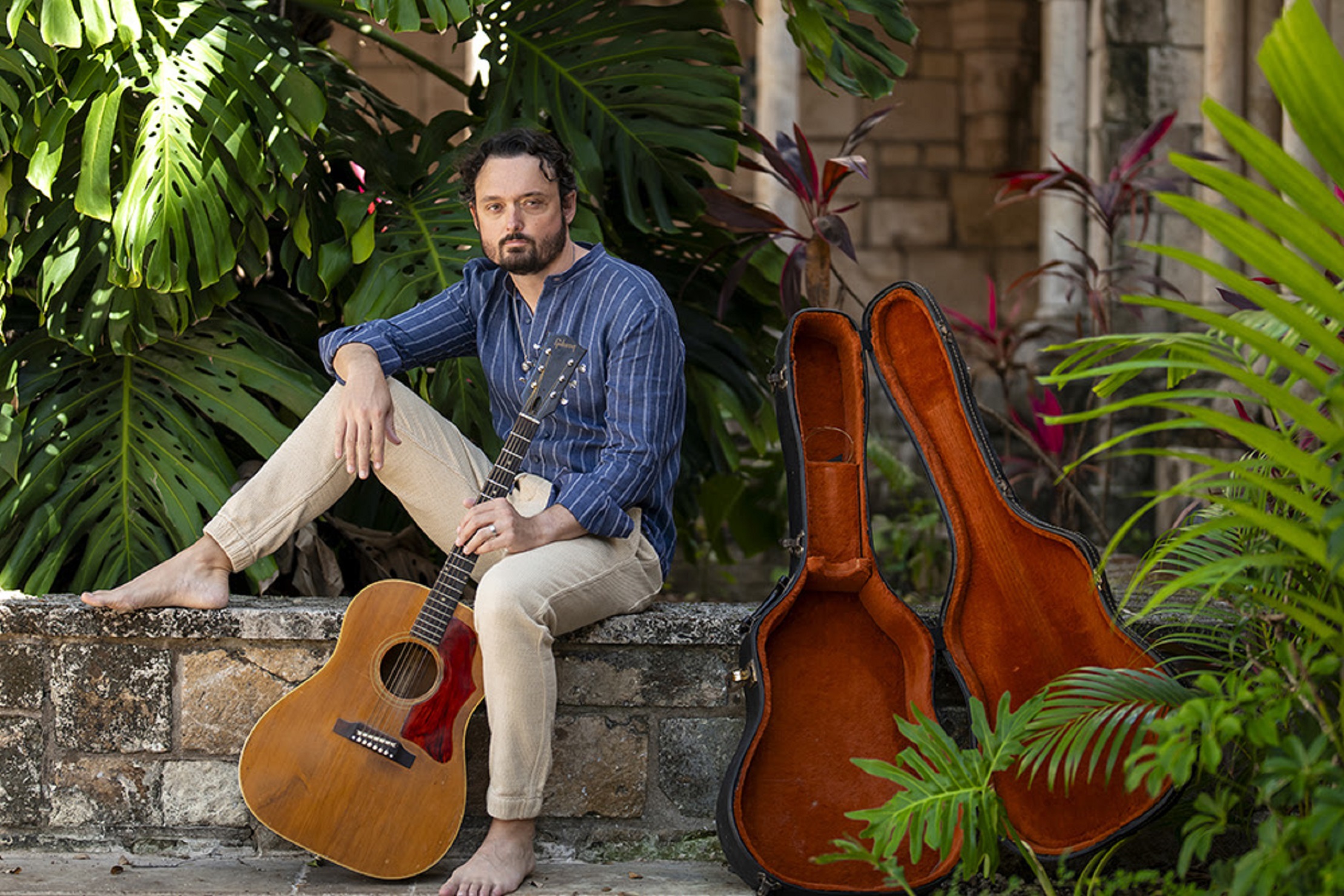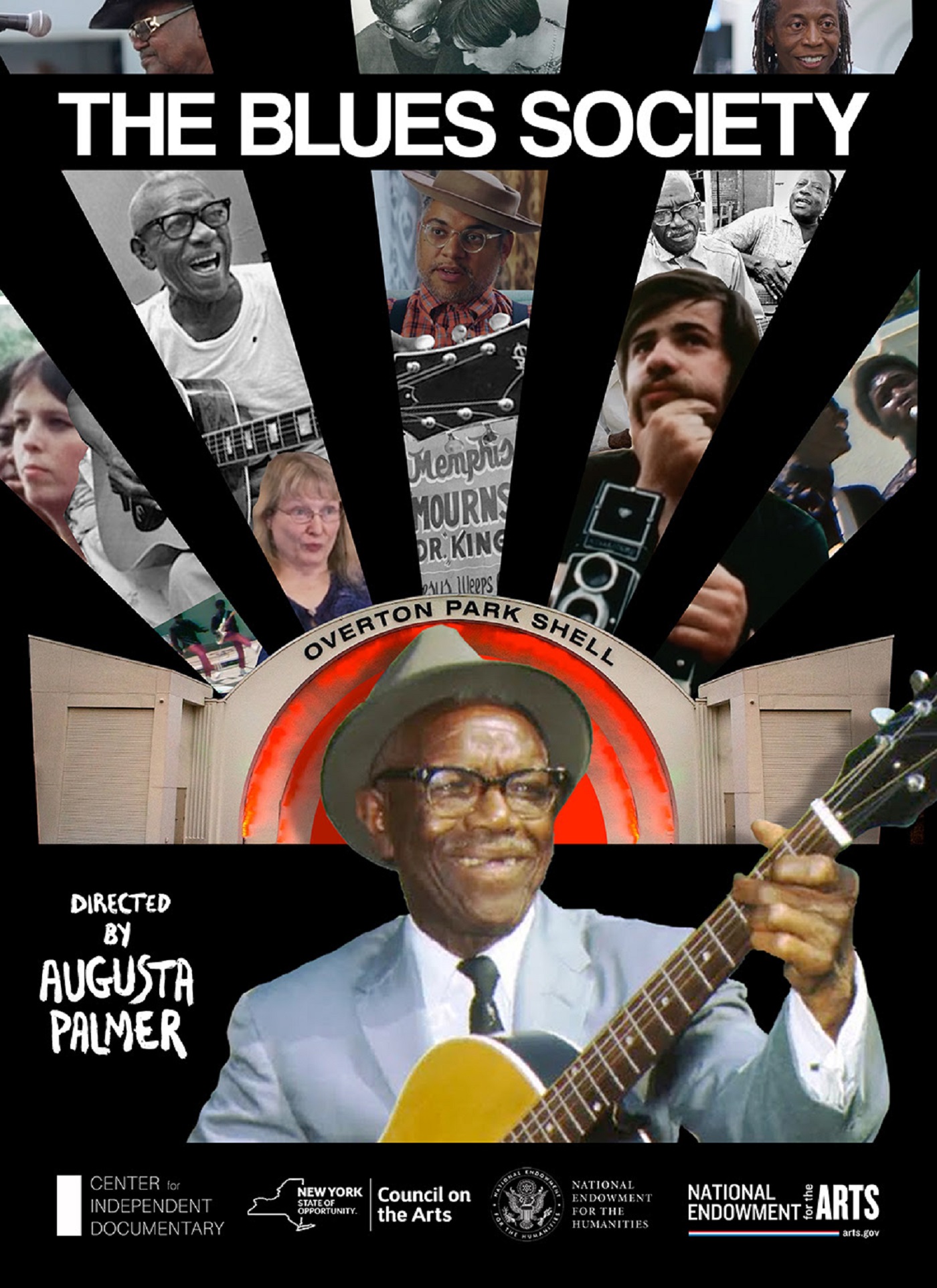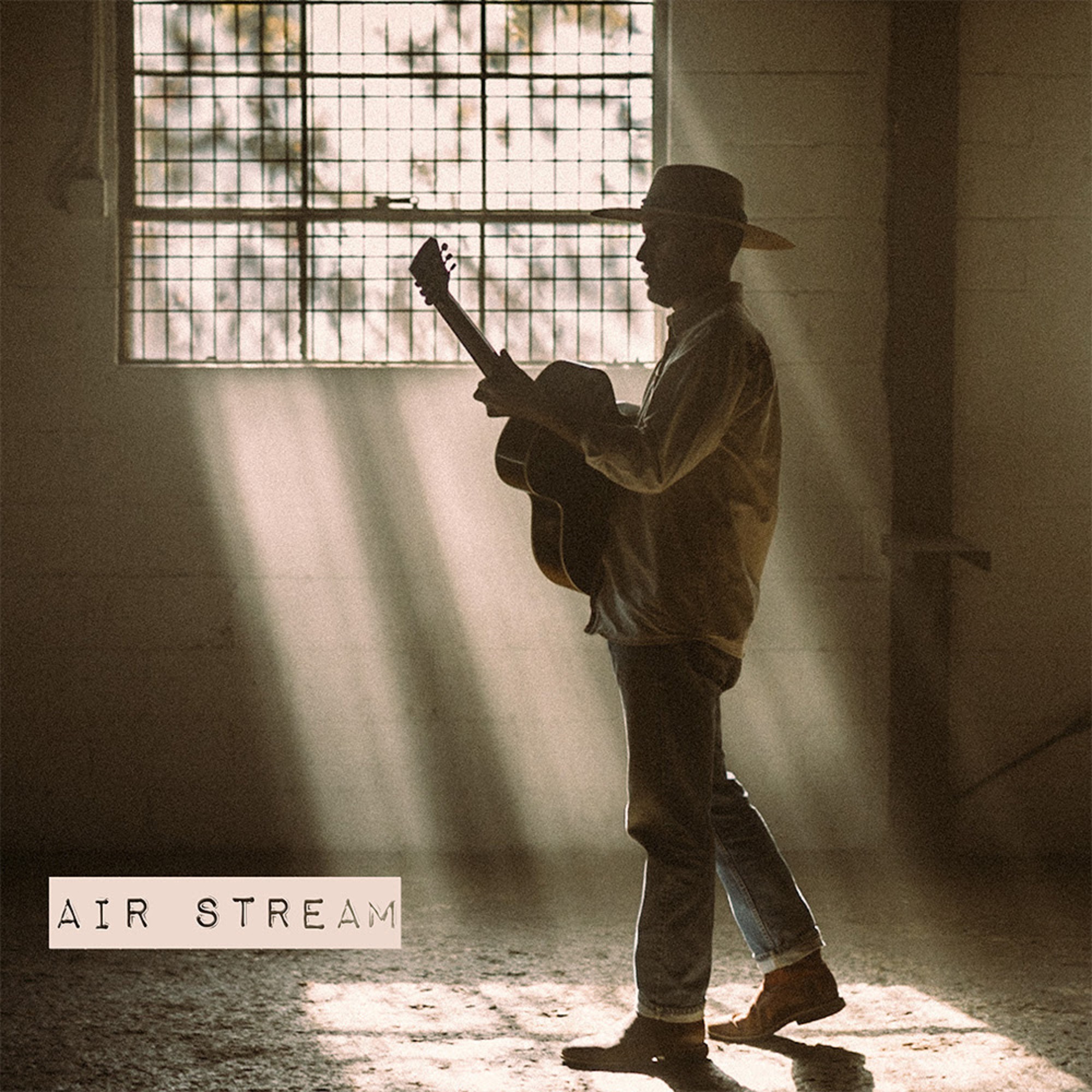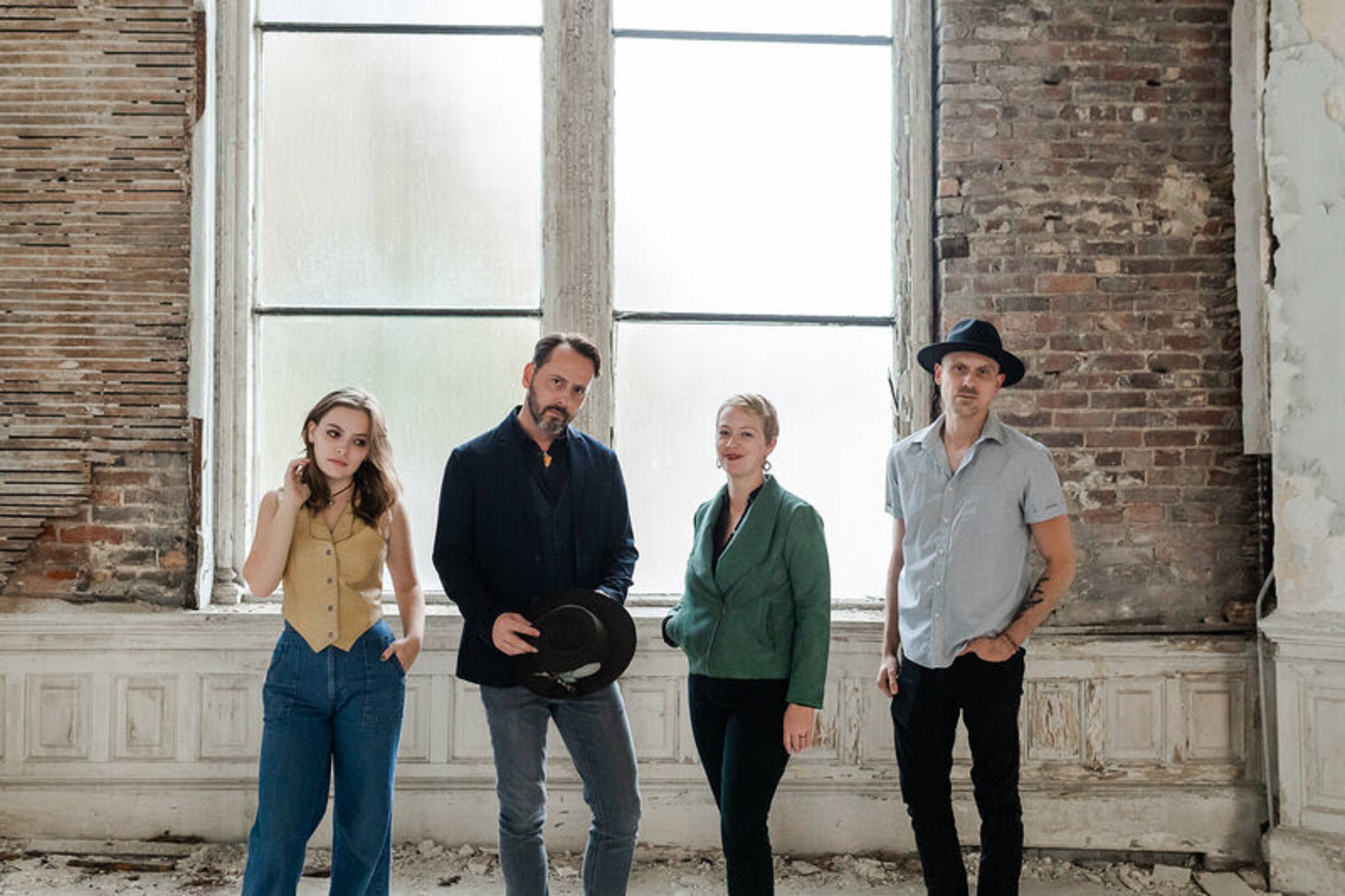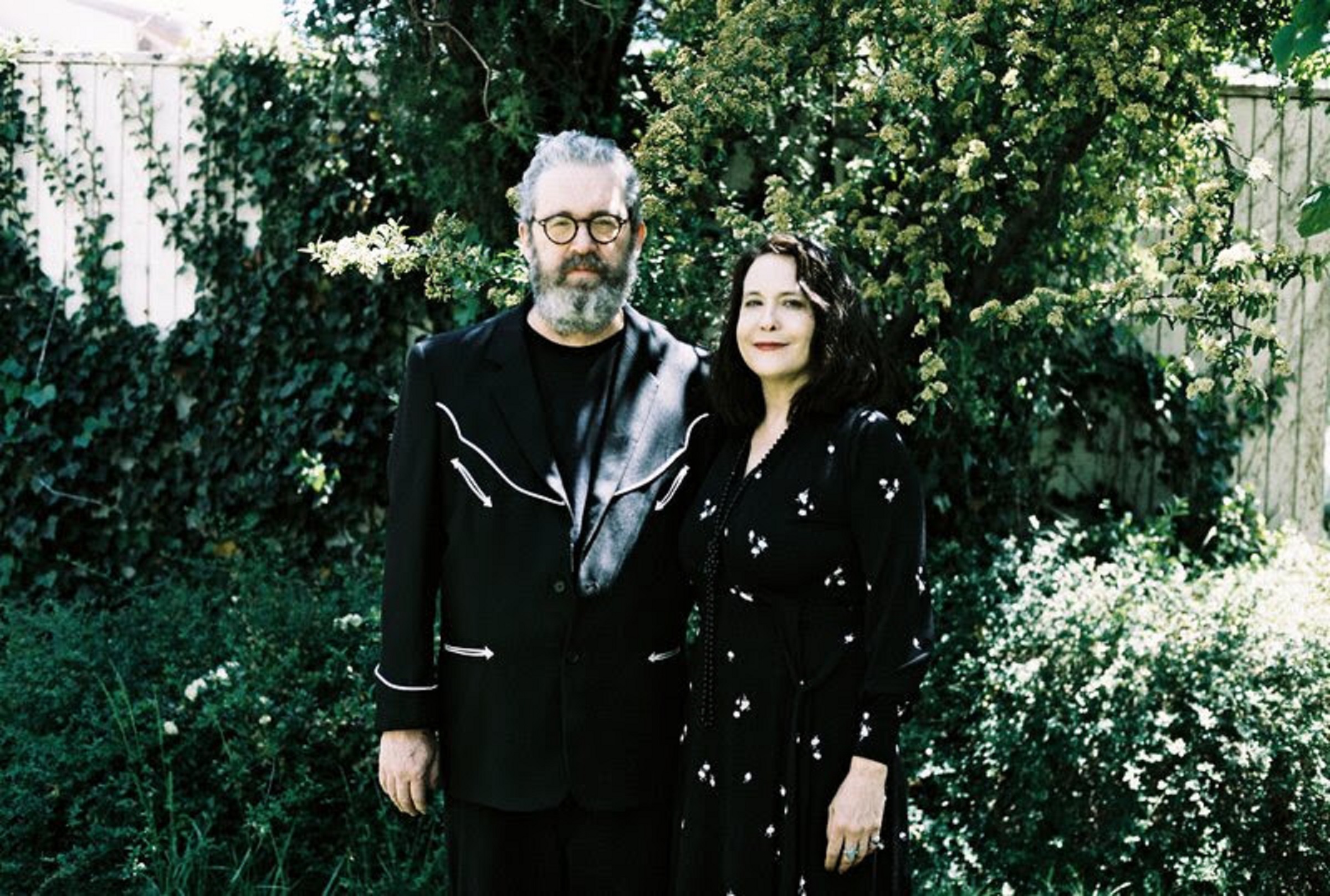Austin, TX bluegrass/indie-folk duo The Armadillo Paradox are preparing to release their new LP, Out of Gas in Oil Country, out March 26th. Since announcing the album, the duo has released two new singles: "Your Eyes Are Like Stars," which Glide Magazine says, "Combines the effortless lyrical charm of John Prine alongside the indie rock unpredictability of The Mountain Goats," and the latest, "Can't Hold A Job," out everywhere today.
Sol Chase and Jared Huskey have always found Texas’s “thing” for armadillos to be a little paradoxical.
“They’re kind of glorified here,” Huskey explains. “Supposedly, their shells represent our state’s strength. But nine times out of ten, you see them dead on the side of the road.”
Chase, a Bluegrass aficionado, and Huskey, a self-described rambler with hip-hop roots, join forces to address this enigma on a macro-level. The dynamic pair make their debut as The Armadillo Paradox with their brilliant LP, Out of Gas in Oil Country. The Armadillo Paradox gallivants between country, Americana, folk, bluegrass and alt-rock with soft lyrical styling and experimental acoustic instrumentation. Eddie Dickerson and Kimberly Zielnicki’s sweeping fiddle solos, along with a full horn section and marching-style drums, pioneer a sonic pathway through a peculiar moment in history. They hang their proverbial cowboy-style hats on the fact that they are among the only bands to ever pair a mandolin with a synthesizer. Kym Warner, Robert Earl Keen’s Grammy-nominated mandolinist, lends his skills on a custom electric, redefining roots music on the record.
Like many indie projects, the album’s inception involved fate. After sneaking into an industry party, Huskey connected with Charles Godfrey. Something about their chat struck a chord with the acclaimed sound engineer (Yeah Yeah Yeah’s, Beach House, Portugal. The Man, The Mountain Goats). Within weeks, The Armadillo Paradox joined Godfrey at Scary American Studio in East Austin. Mixed by Godfrey and mastered by Dan Shike (Lumineers, Cody Jinks, Third Eye Blind), Out of Gas in Oil Country is a satirical vignette of a culture blinded by its own purview.
For Chase, most of his songs’ stories exist outside of his lived experience. He’s a fiction writer with a journalism background. He says his story-driven style has become a therapeutic process.
“I put my characters into hardship, imagining someone in a tough spot,” says Chase. “Then I will either write them out of it or deeper into that hole. It’s a way to work out emotional distress in my own life. I write about something that is so much worse than anything I’m going through to put things in perspective.”
Standout track “Drive All Day,” introduces a misfortune that puts most adversity to shame. A man pushed to murder is on the run. Throughout the song, he’s reflecting on the choice he made and a fast-grass orchestra embodies his caffeine-induced mania. But it dwindles into the third verse, and once he comes down from his high, he finds himself broken down, rotting in Travis County jail--deeper down the hole Chase wrote him into.
Huskey takes a more grounded approach to songwriting, bred from realism. His personal life serves as a wellspring of inspiration, and his influences run the gamut from Johnny Cash to Kanye West. In another recent project, he collaborated with Houston rapper Mike Jones. Huskey draws parallels between the ethos of hip-hop and country music, noting similar themes of hardship, evading the law, and unsatisfying love. When he and Chase joined forces, he settled into a new musical home in Americana beside some of his favorite storytellers. Their stylistic blend creates a story that is intimate yet approachable. This fusion of tangible emotion and broad-stroke analytics exemplifies the band’s artistic identity.
Together, they capture the catch-22s of romantic reckonings (“I Wish I Had More Exes,” “July”), mortality (“The Thinker & The Sage”), commercial oppression (“Austin”), and the post-grad blues (“Can’t Hold a Job”). But it’s not just everyday hardship that strikes an emotional chord on the record. In “American Defeat” Chase leads listeners through 100 years of US history and lays bare the systemic racism that lands the song’s main character in jail for a much different reason than “Drive All Day”’s protagonist.
Elsewhere on the record, “Austin” harps on the hollowness between romanticism and reality. The duo critiques the capital city’s evolutionary direction on the song Huskey admits he wrote “as a bit of a ‘fuck you.’” Ragging on the waves of naïve newcomers, Huskey sings: “They all heard that the scene was good /And wanted to come and see / So they signed some leases for apartments/ Right over where the scene used to be.”
The common thread here? Disillusionment. But not in the typical gut-punch way. The album takes stories of hardship and spins them into narratives of growth.
“Whether it’s with a person you’ve broken up with, a city you’re living in, or a society you’ve grown up in—it’s a positive thing,” Chase insists. “You were disillusioned by what once was, but now you’re able to see what really is and make something better from that.”
Reflecting on the album with a new perspective, Huskey invokes the archetypal Western wanderer and asks whether the wanderlust typical of country music stems from a grass-is-always-greener view of the world.
“You see it played out over-and-over,” he explains. “They’re never satisfied. I’ve been moving around a lot this year and finally realized it’s the same wherever you go, so you should just try to make the most of it.”
Out of Gas in Oil Country is about accepting flaws and seeking silver linings. Like much of 2020, their entire project bears a big question mark. The continuity of their day jobs, whether Huskey will remain in Austin, and the future of live music are all up in the air.
“If this is our one-and-done art statement as a band, we would be happy,” says Chase. “It’s a snapshot of who we are this year and where our city and country are during a wild time.”





